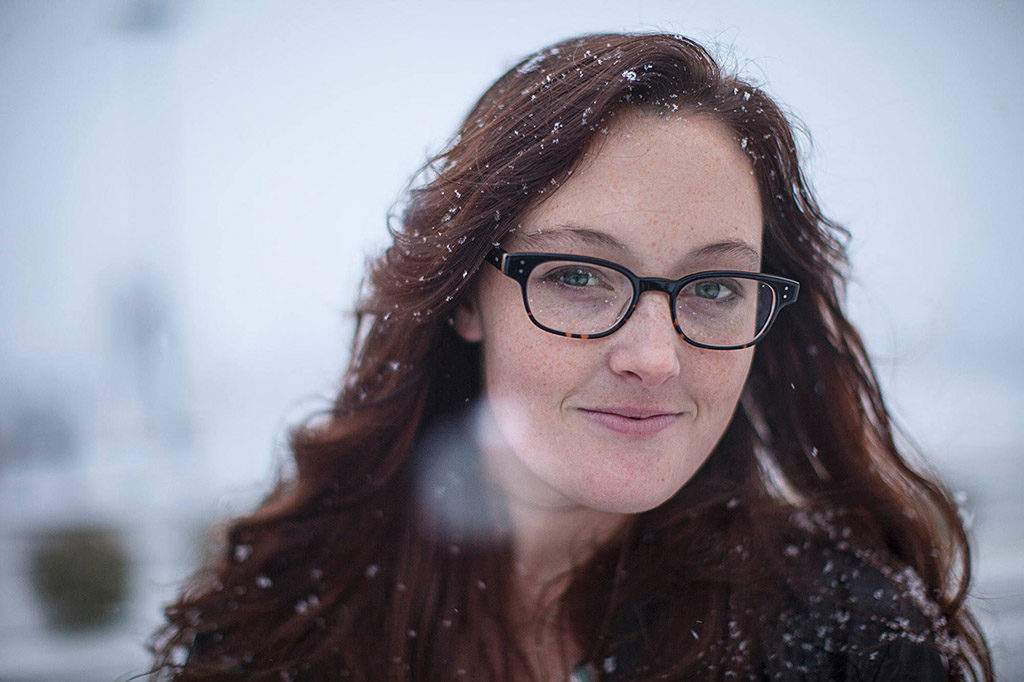
Advice from “College Photographer of the Year”
By Bradley Wilson
CMR Managing Editor
Carolyn Van Houten is the 70th College Photographer of the Year. Now a staff photographer at the San Antonio Express-News, Van Houten is a graduate of the University of North Carolina at Chapel Hill.
After you were named the top college photographer this year, you said, “I’m kind of shocked.” Elaborate.
![]() Photojournalism competitions are quite arbitrary, so when you are named the “College Photographer of the Year,” it’s a bit shocking, because you know that there were a lot of really incredible photographers all around the world that year who also could have won given different judges and different circumstances.
Photojournalism competitions are quite arbitrary, so when you are named the “College Photographer of the Year,” it’s a bit shocking, because you know that there were a lot of really incredible photographers all around the world that year who also could have won given different judges and different circumstances.
For someone else who aspires to be a top-notch college photographer, what would you suggest?
I would suggest doing a lot of internships, especially ones that put you in communities out of your comfort zone for long periods of time. I would also suggest seeking mentors who will help foster your way of working, not just your work—mentors who take the time to get to know you and recognize your quirks so that they can help you work them into strengths.
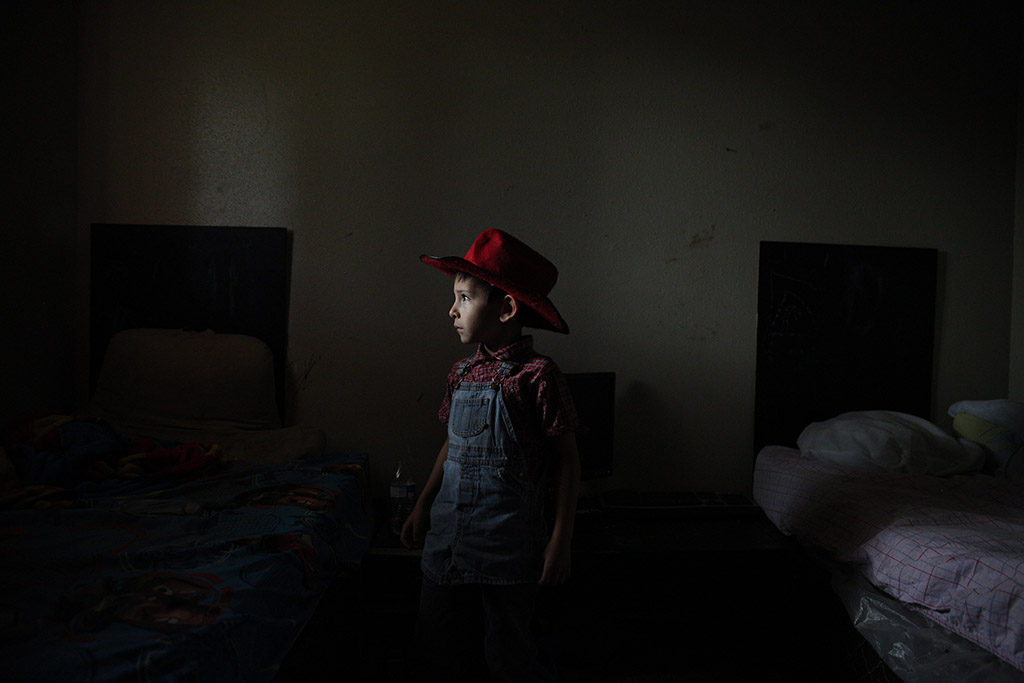
You seem to have experience both working for news media and getting a formal media education at one of the nation’s top programs. Was more valuable than the other? How did they work together to help you develop as a photojournalist?
Both were valuable, but I would not say one was more valuable than the other.
The internships and freelance work for various newspapers and magazines helped me develop not only a portfolio and real-world experience, but also the confidence to pitch and work on stories that I care about. My education at the University of North Carolina at Chapel Hill taught me how to follow through on telling those stories across a variety of platforms and how to work with teams of visual journalists to create larger projects—something that I think is going to be an increasingly important part of visual storytelling moving forward. Without the emphasis on journalism and video storytelling that I got at UNC, the learning curve in the real world would have been pretty steep, but without the real world experience I would be nowhere, so I think that for me, they are reliant on each other. However, that certainly is not true for all photojournalists.
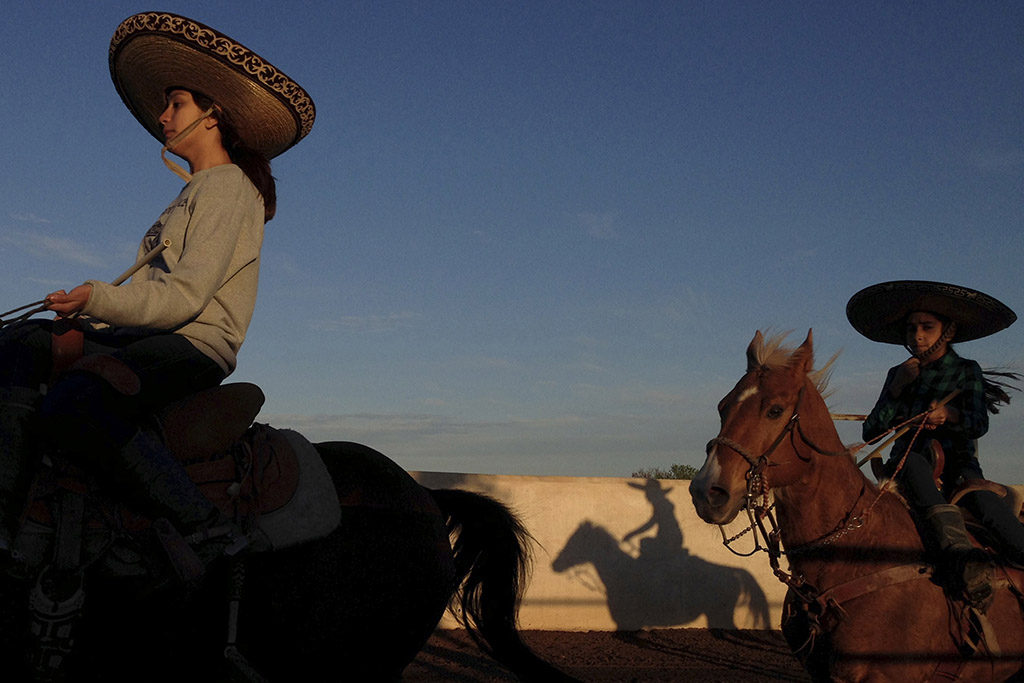
Can you remember one moment when you said, “I want to be a photojournalist.” or was it a development over time?
When I started at UNC, I was an astrophysics major who did photography as way to relax when I was stressed. About a year and a half into college, I distinctly remember being on the phone with my dad one day before taking a physics exam and telling him that, although I enjoyed the physics of optics and light, I wasn’t sure that the resultant lifestyle was going to be for me. I missed interacting with people. I missed being outside. Being a woman in the department wasn’t always easy. I didn’t want to spend my life in a lab. So my dad told me, after my exam, to go over to the journalism department and check out the photojournalism program. After my exam, I went to the journalism building and I never looked back.
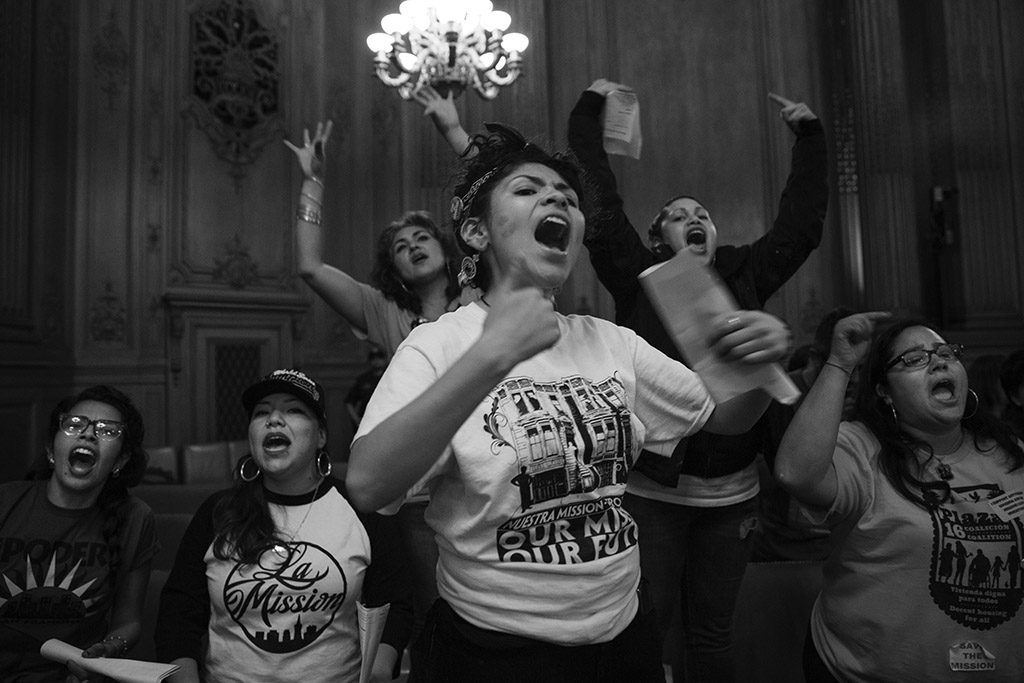
You’re working for the San Antonio Express-News now? What lessons have you learned there so far?
In my year-and-a half at the Express-News, there have been too many lessons to count. One lesson I think that I am learning is the beauty of community. Since becoming a photographer, I have never been in a place this long. There is something incredible about becoming a part of a community and getting to know it so intimately. To really tell a story about a place, a topic, or a person, I feel like you need to take the time to get to know it. I think that’s the most important lesson I have been learning here.
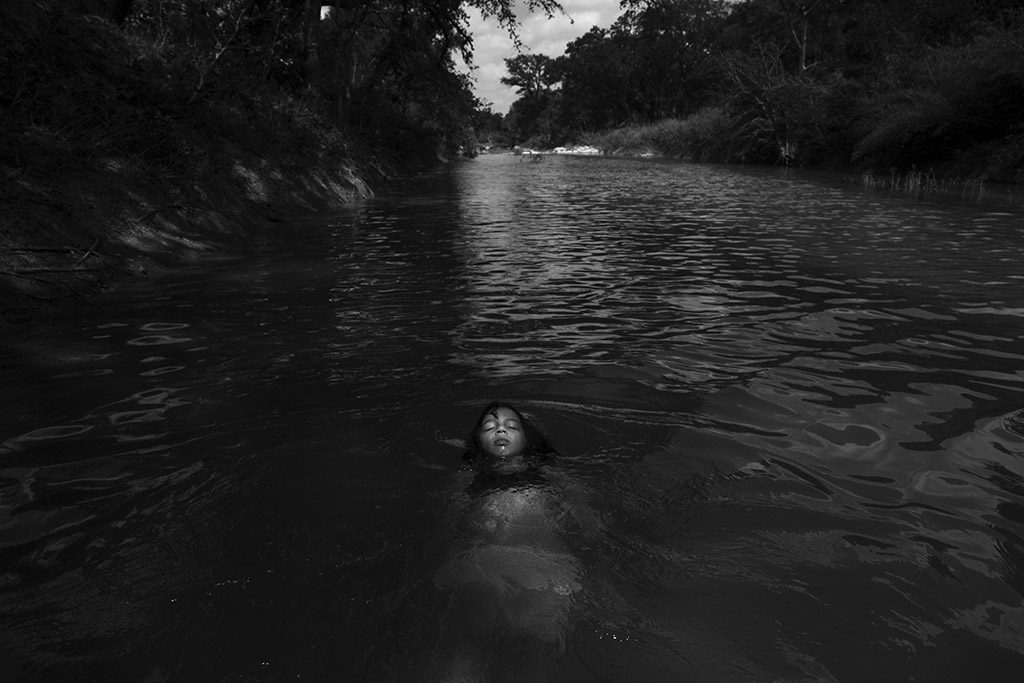
If you had one piece of advice for other college photojournalists, what would it be?
Not everyone’s journey is the same, so it is crucial to be patient, humble, and work hard through your own journey. No one is better than anyone else for his or her journey or awards—awards are not a good measurement of someone’s worth as a person or as a photographer. We need as many eyes, minds, and hearts out there thoughtfully telling stories.
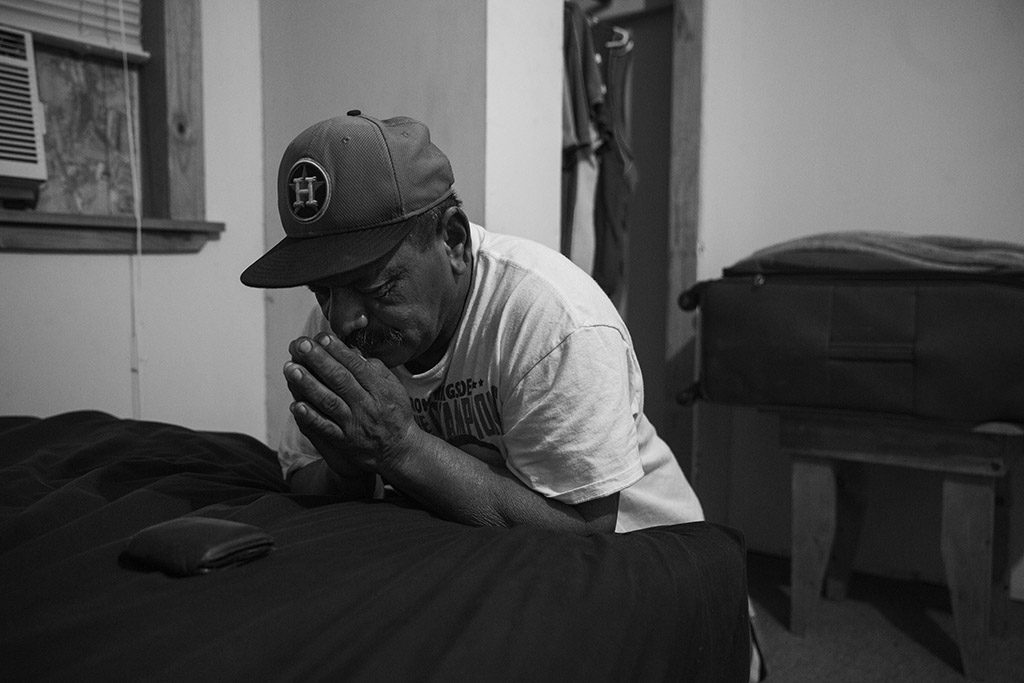
So people say that journalism is a “dying profession.” Others say that there is no more important time to be a journalist and that our nation, in particular, needs journalist now more than ever. Do you see your self as a journalist? How do you feel about the future of the profession?
I see myself as a journalist before a photographer. It is absolutely crucial, especially in project work, to do the necessary research to know what you are going to say about a topic and how you are going to say it.
Often, I have heard people say—even caught myself saying—“oh, I am just the photographer” when on assignment. However, photographs are easily just as powerful as words and are often seen before a story is ever read, if a story is ever read. So, we have a responsibility to the issues we are covering and to the people who are allowing us into their lives to know as much as we can about the issues and what we want to say about them, just like any journalist.
Some of my projects have required me to start doing the writing and reporting as well as the photographs and video. Although this can be a bit much to juggle on any one assignment, this can be a great practice for bigger projects and actually garners greater respect when you are trying to gain access and build community around a particular issue.
As far as the future of the profession, I am pretty new to the scene so I don’t really feel qualified to say. However, I think people today are more visually educated than ever before. This means that although there are a larger number of images than ever before, there is also a greater demand for better images than ever before. I don’t think any of us get into this profession because we think it’s an easy one, but the work, when done properly and presented to the right audiences, can be powerful, rewarding, and important.
